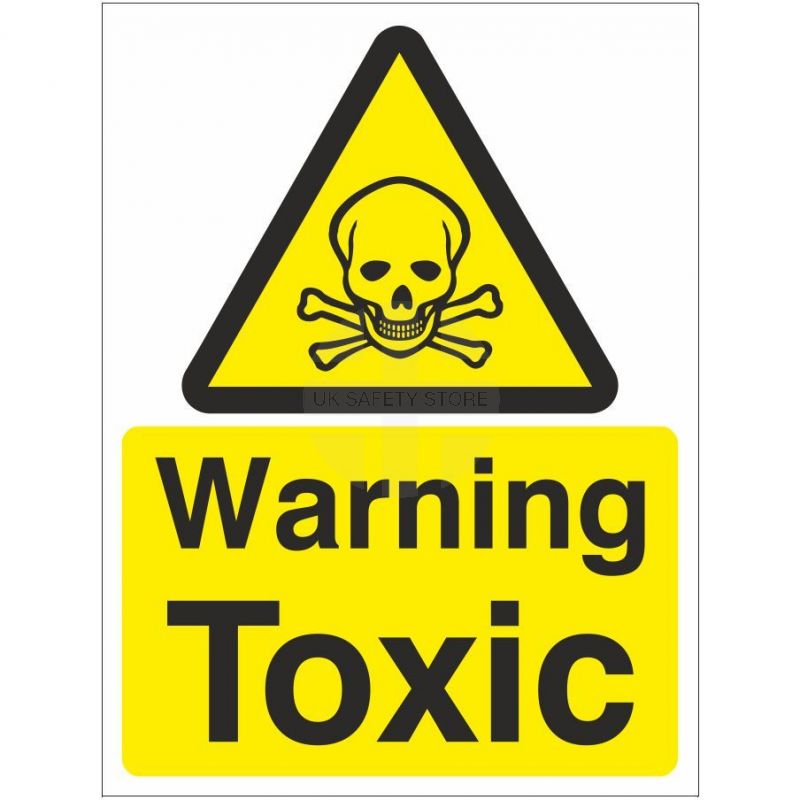
The Negative Side Effects of DEET as an Insect Repellent
When it comes to fending off mosquitoes and other biting insects, DEET (N,N-Diethyl-meta-toluamide) is often the go-to choice for many people. Found in numerous commercial insect repellents, DEET has a long-standing reputation for being highly effective. However, like many chemical compounds, DEET is not without its downsides. Here, we'll delve into just a few of the negative side effects of DEET.
1. Skin Reactions
For some individuals, using DEET-based repellents can cause skin rashes or blisters.These can manifest as mild rashes or escalate to severe blisters and hives, especially after prolonged or excessive use.
2. Neurological Issues
There have been accounts of individuals, especially children, experiencing neurological symptoms like seizures after DEET exposure. Most of these reports are linked to instances where the product was misused or over-applied but this is still concerning. Especially if you intend to use it on children.
3. Eye Irritation
DEET is not intended for the eyes, and accidental contact can lead to severe eye irritation. Symptoms can range from a stinging sensation to significant pain, and in some instances, temporary blurred vision.
4. Respiratory Effects
While DEET is intended for topical use, there's a potential for respiratory discomfort if the product is accidentally inhaled. Symptoms may include coughing, shortness of breath, and general respiratory discomfort.
5. Environmental Concerns
DEET's impact extends beyond human health. When it washes off, DEET can find its way into water sources. This runoff has the potential to harm aquatic life, especially certain sensitive species that may be adversely affected by chemical exposure.
Conclusion
While DEET is an effective insect repellent and is deemed safe for use by many health organisations when used as directed. Many countries do not allow it to be used on children younger than 12 years or even 18 years of age. So it's essential to be aware of its potential side effects. However there are fantastic alternatives insect repellent substances like natural PMD (Citrepel) that can also be used if one prefers to avoid DEET.
Disclaimer: This article is for informational purposes only and should not replace professional medical advice or consultation. Always seek advice from a healthcare professional before making decisions related to personal health or medication.
